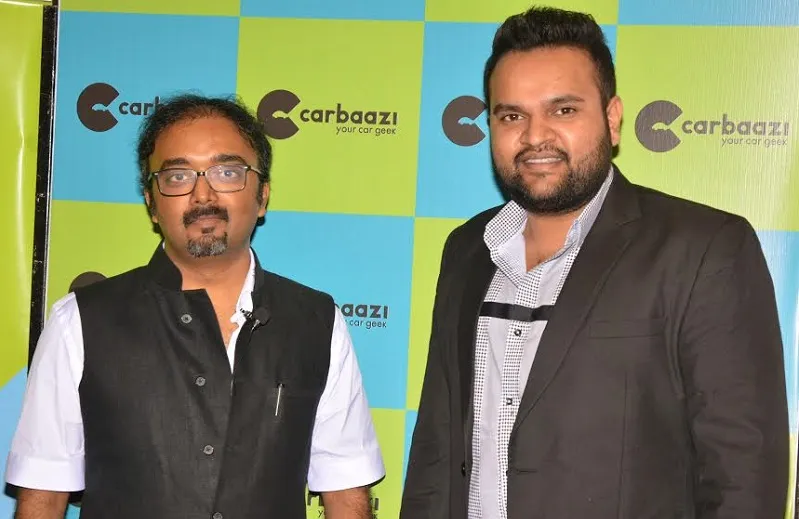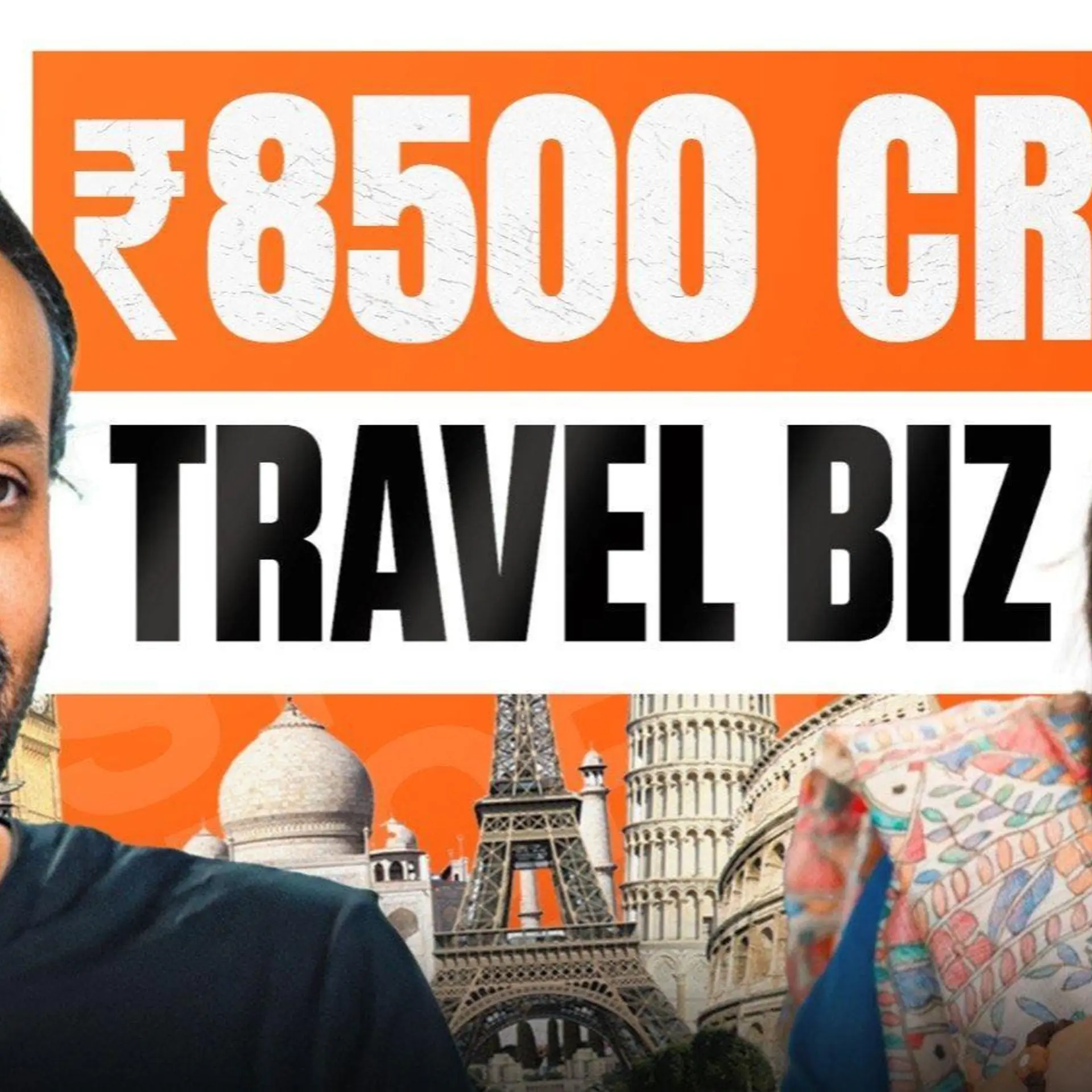How CarBaazi plans to solve the hassle of buying a car
Buying a car is undeniably one of the most cherished purchases we can make, but not many of us leave the dealer’s shop with a grin on our face after the booking. Many a time, the services that are rendered are quite short of satisfactory, and that’s not a secret. After facing the hassle of running from one dealer to another to get the best deal and the preferred choice, we finally end up buying a car that we actually didn’t intend to, but with the lack of options, we are imperceptibly forced to make a choice among the limited pickings.
The problem here does not lie with the consumer or the dealer. While a consumer expects a lot more from dealers and deeper understanding while buying a car, the dealers are not too keen to spend much time on it. The sole reason for this is that the dealers do not have a high profit margin for selling a car, rather, it’s the servicing part of it that is more profitable for them.
Aiming to solve this problem and fill the gap in the car buying process, Utsaha Khare, along with Rohit Gupta and Anuj Agarwal, launched CarBaazi, which not only connects the consumers with the dealers, but also helps consumers in understanding what to buy, and paves the way for the purchase. The entire process, spanning test drives, bookings, loans, insurance, RTO, and delivery, are taken care of by CarBaazi’s service platform.

How did it start?
After completing his engineering in Jamshedpur, and starting up twice on his own, first in the food distribution segment and then with K&U, a fashion brand dedicated to kids, in 2012, Utsaha Khare’s discussions with his old friend Anuj Agarwal, who possesses expertise in the area of automobiles, led to the launch of Carbazzi.
Founded in 2015, the platform aims to be one point of contact for a customer from the start of researching his/her options till he/she has received the vehicle.
Pune-based Carbazzi is a consulting platform that helps consumers with the car buying process from start to finish. Firstly, the platform, which connects with consumers through a toll free number or its website, understands the needs of the consumer based on parameters like the purpose of buying the vehicle and the budget, among others. Once the right model is identified, the consumers can go through the inventory of deals that are listed on the site.
After the consumer chooses the right deal, he/she can opt for bank loans as well as insurance through the platform itself. The platform has already tied up with 14 banks, including Kotak Mahindra, ICICI and HDFC, and also 4 NBFCs. Also, all the offers and discounts that are given to the platform through these bodies, are then passed on to the consumers, who easily save Rs 20,000 to 30,000 on a ticket size of Rs 8 lakh.
Revenue model
For the entire consultation process, the platform does not charge the end users, but draws a commission per transaction from the dealer. Depending on how many purchases have been made and the ticket size, a variable commission is charged to the dealers.
The platform accelerates the dealers’ sale as well as increases his reach. Considering that this enables an optimisation of working capital for the dealer on the one hand, and aids the customer by providing him/her with the best deals on the other, this is a win-win situation.
In the past three months, the company has sold almost 400 cars, with an average ticket size of Rs 9 lakh.
The startup has till now raised around $1 million from angel investors and Pune-based Mantra Ventures, which has also invested in companies like Swipe Telecom, Markets and Markets, Mantra Properties and Global Snackers. The company further plans to raise $5-6 million in the next six to eight months so as to cover its overall corporate costs.
Plans Ahead
So far, the platform, which is present only in Pune, has tied up with more than 40 dealers from in and around the city. The platform will be launched in Mumbai by October this year, and by January 2017 in Bengaluru, which will have a wider consumer base to cater to.
Elaborating on future targets, Utasha, CEO of Carbaazi, said that in the next four to five months, the company plans to acquire seven to eight percent of the Pune market share, while in Mumbai and Bengaluru, it plans to clock a sale of 1000-1200 cars respectively.
With a current team size of 25, the startup plans to expand to 100 members by January 2017.
The company, which currently connects with the dealers through a SaaS-based model, will soon be launching its app too.
Commenting on the model and plans to launch in other cities, Utsaha said,
Our model is very simple, and so scalability is very easy. But we plan to have a strong tech backbone, so that the platform in future can work without any human intervention.
After understanding the user behaviour, the founders have also inferred that adding a social parameter to the platform will make a noteworthy difference, as taking feedback from friends and family before making a car purchase is inevitable.
Auto-retailing segment
In the recent past, this segment has witnessed a number of players that are heavily funded, like CarDekho, CarTrade, Quikr Cars and Droom. But the revenue models and the services rendered by the aforementioned ventures differ from CarBaazi.
Though some parts of the model do overlap with these biggies, who have already carved out a market for themselves, especially with regard to finding the best deals, the advantage here with CarBaazi lies in the fact that it will not only provide deals, but also assist and take care of the entire process till the purchase is made.
In the niche market of car consultations, the company will be facing competition from Mumbai-based Mynewcar, which became operational in March 2015, and raised $250,000, with a GMV of $3 million.
According to Utsaha, though this particular segment has developed in the US and UK, no Indian player has unearthed the space here. He further added that though the consumers can research and study about the cars online, managing the process has not been digitised yet, which leaves ample scope and opportunity in the segment.







